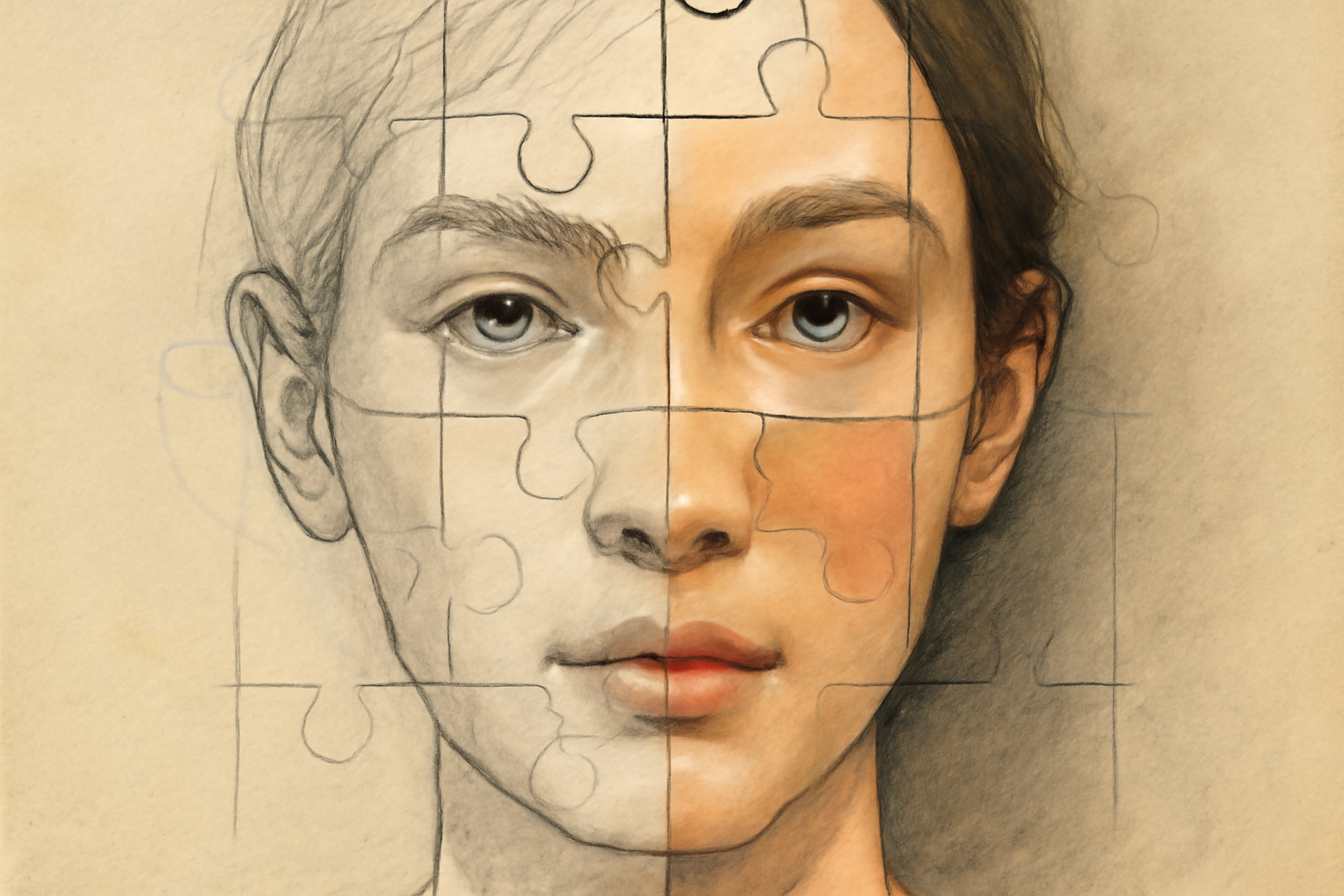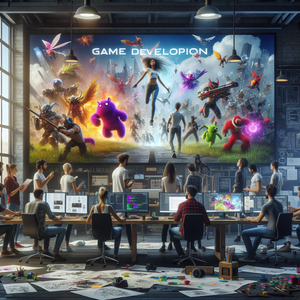Blueprint to Pixel Pitches: Turning Paper Prototypes Into Digital Portfolio Gold

Every great game begins with an idea, often first tested on paper. Paper prototyping is rapid, cheap, and flexible, but digital portfolios require digital work. Free engines like Godot and Unity have lowered entry barriers, allowing beginners to bring ideas to life.
Actionable Steps to Digitize Your Prototype
1. Document & Deconstruct: Thoroughly document your paper prototype with photos, rules, and playtest records. This preserves your design and shows evolution—valuable for portfolios. 2. Define the Core Loop: Identify the essential interaction that makes your game fun. Focus your digital version on replicating core mechanics before adding complexity. 3. Pick Your Engine: Choose Godot for beginner-friendly, open-source projects or Unity Personal for robust 3D and larger communities. Start with tutorials and sample projects. 4. Build Graybox Versions: Use basic shapes and placeholder art to digitally recreate your core loop. Free asset libraries and guides help you focus on gameplay. 5. Playtest Digitally: Share your build for feedback and observe what changes in the digital transition. Adjust rules or interface as needed. 6. Polish and Package: Use free assets and focus on clarity. Export as a web build or record a video. Include a playable link, demo video, and a write-up of your process in your portfolio.
Practical Example: Paper to Pixels in Action
Imagine designing a puzzle game with sliding cards. Document the rules and layout, then build a digital version in Godot with drag-and-drop mechanics. Playtest, tweak scoring, and present a side-by-side comparison in your portfolio, including a gameplay video and postmortem.
Why This Approach Works
Demonstrates process: Employers want evidence of design thinking and problem-solving, not just polished products. Highlights versatility: Bridging analog and digital design shows adaptability and technical learning. Low barrier, high impact: Free tools let you focus on unique gameplay, not budget or code complexity.
Tips for Portfolio Presentation
Include before-and-after images or videos to show your process. Write a brief postmortem about changes, challenges, and lessons learned. Provide a playable link or download. Frame the project by describing the design challenge, your solution, and the final result.
Turning paper prototypes into digital portfolio pieces proves your creativity, resourcefulness, and dedication to learning. Start small, focus on core mechanics, and let your paper blueprints become pixel pitches—the projects that will open doors in game design, especially for remote and entry-level roles. Every digital game began as a sketch or idea; your journey from paper to pixels could be your most valuable portfolio story.
Gameplay Prototyping Designer
Indie studios (e.g., Devolver Digital partners), mobile studios, larger companies with R&D departments (e.g., Ubisoft, EA)
Responsibilities
Rapidly translate paper or conceptual prototypes into digital, playable builds using engines like Unity or Godot.
Focus on iterating core mechanics to test and refine player experience before full production.
Required Skills
Strong grasp of game design fundamentals.
Experience with grayboxing.
Proficiency in at least one scripting language (e.g., GDScript, C#).
Ability to document and communicate design iterations.
Unique Qualifications
Portfolio pieces showing process from analog to digital.
Experience presenting design evolution with before/after documentation.
Technical Game Designer (Entry-Level)
Studios like Supercell, King, or indie teams working on prototypes and vertical slices
Responsibilities
Bridge between game designers and programmers by implementing and tweaking gameplay systems in digital engines, often starting from rough prototypes.
Troubleshoot gameplay bugs and iterate based on playtest feedback.
Required Skills
Familiarity with Unity or Godot.
Basic understanding of programming logic.
Ability to rapidly implement and test small-scale features.
Unique Qualifications
Demonstrated ability to digitize board or card games.
Comfort presenting design changes based on player feedback data.
UX/UI Designer for Games
Mobile game studios, educational game developers (e.g., Osmo, Toca Boca), VR/AR prototyping teams
Responsibilities
Design and refine user interfaces specifically for digital adaptations of analog game mechanics, ensuring clarity and accessibility in digital prototypes.
Conduct usability testing and iterate based on player interaction data.
Required Skills
Proficiency in UI tools (e.g., Figma, Adobe XD).
Strong understanding of gameplay-driven UX.
Experience with asset integration in engines like Unity.
Unique Qualifications
Portfolio examples highlighting UI transitions from paper tokens/cards to digital interfaces, with focus on clarity and onboarding.
Game Design Intern (Prototype Focus)
Internship programs at studios like Blizzard, Riot Games, or independent studios with fast prototyping pipelines
Responsibilities
Support senior designers by digitizing paper prototypes, conducting playtests, and creating documentation of the iteration process.
Contribute to brainstorming sessions and rapid prototyping sprints.
Required Skills
Knowledge of at least one game engine.
Clear communication skills.
Organizational ability to document design changes and feedback cycles.
Unique Qualifications
Coursework or extracurricular projects that started as analog games, with digital versions included in portfolio.
Digital Board Game Developer
Studios specializing in digital board games (e.g., Asmodee Digital, Nomad Games) or educational technology companies
Responsibilities
Adapt analog board/card games into engaging digital experiences, balancing fidelity to the original with enhancements unique to digital platforms.
Implement core gameplay, multiplayer logic, and quality-of-life features (e.g., tooltips, automation).
Required Skills
In-depth experience with digital adaptations.
Multiplayer etworking basics.
An eye for translating tactile or social mechanics to digital environments.
Unique Qualifications
Portfolio or shipped titles showing successful translation of complex board game mechanics into intuitive, polished digital experiences.


